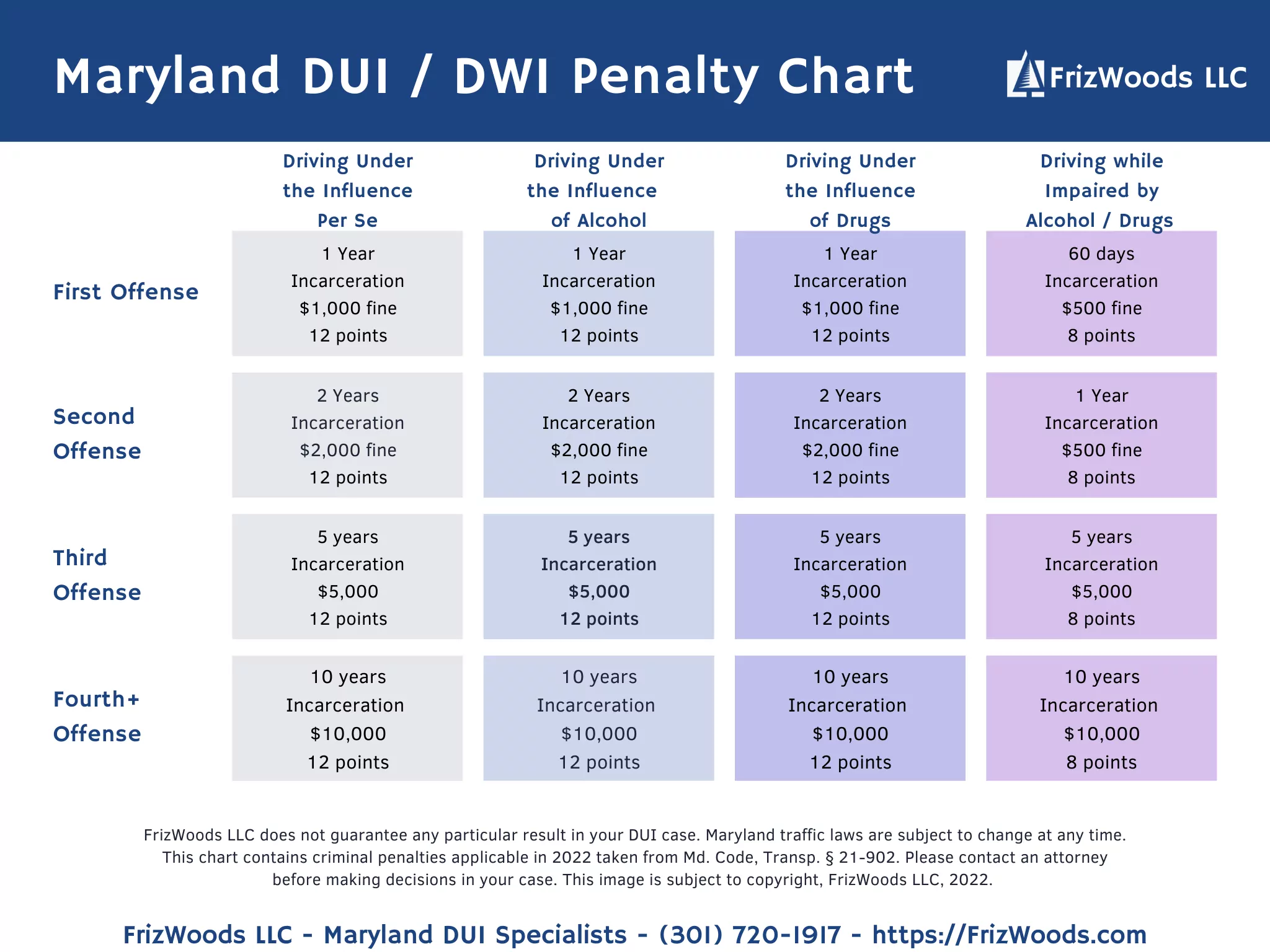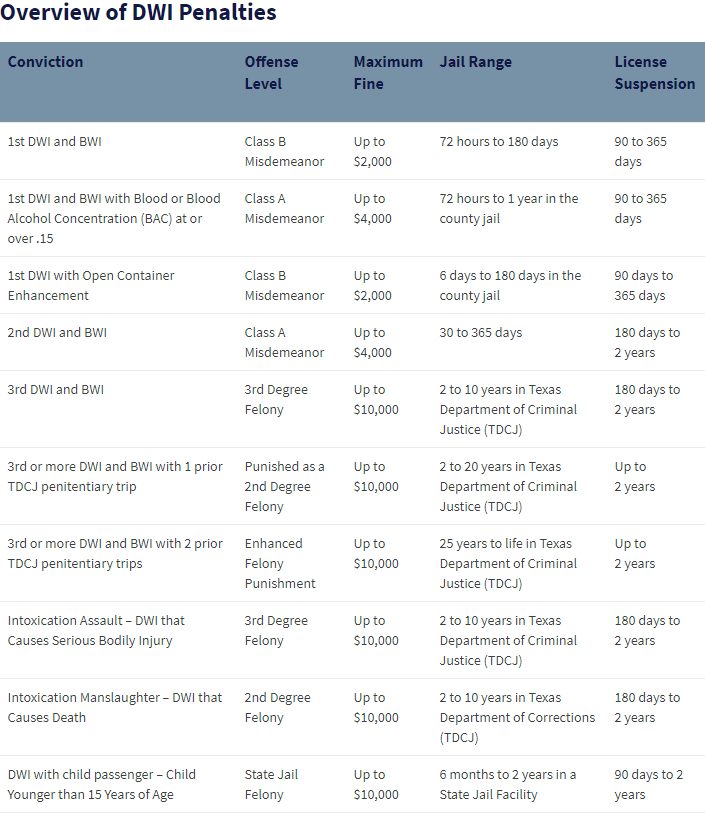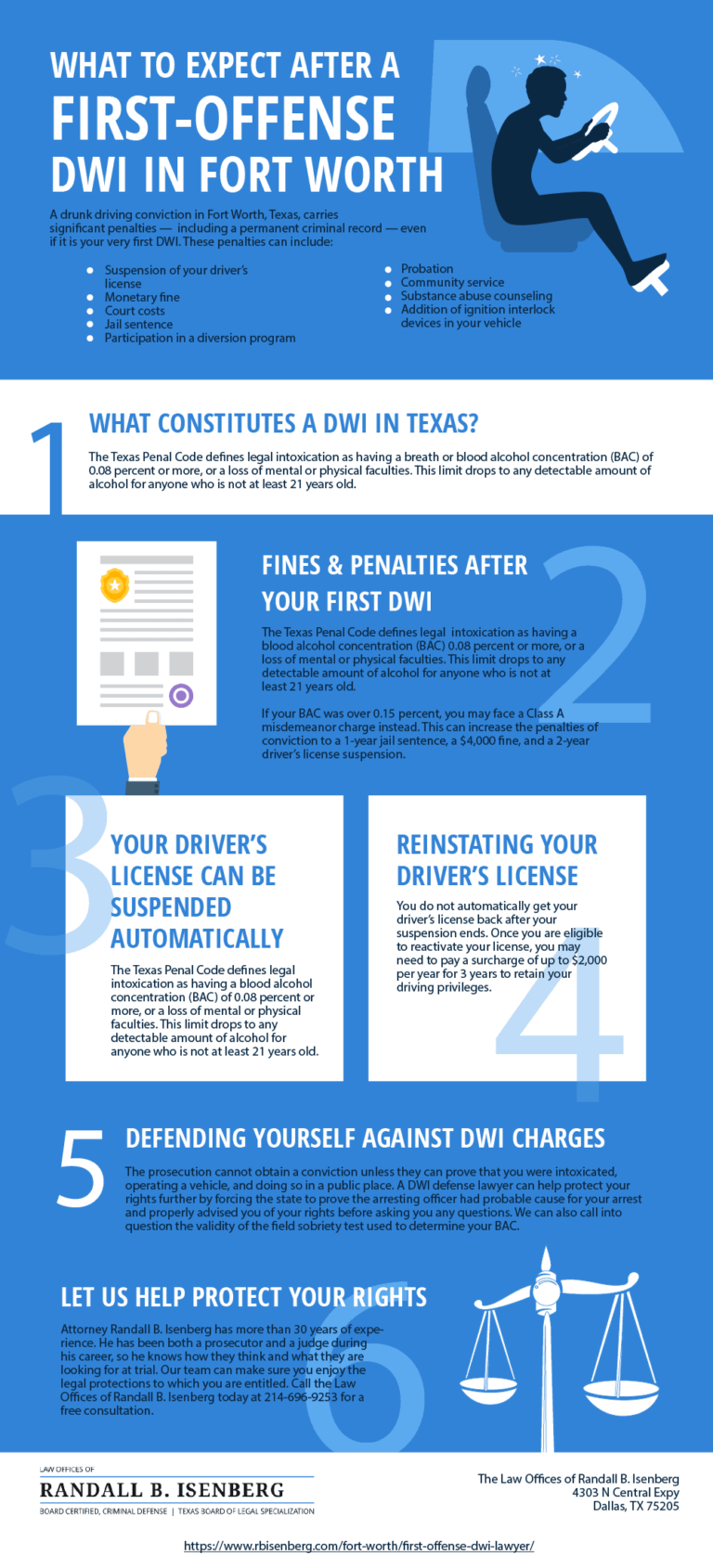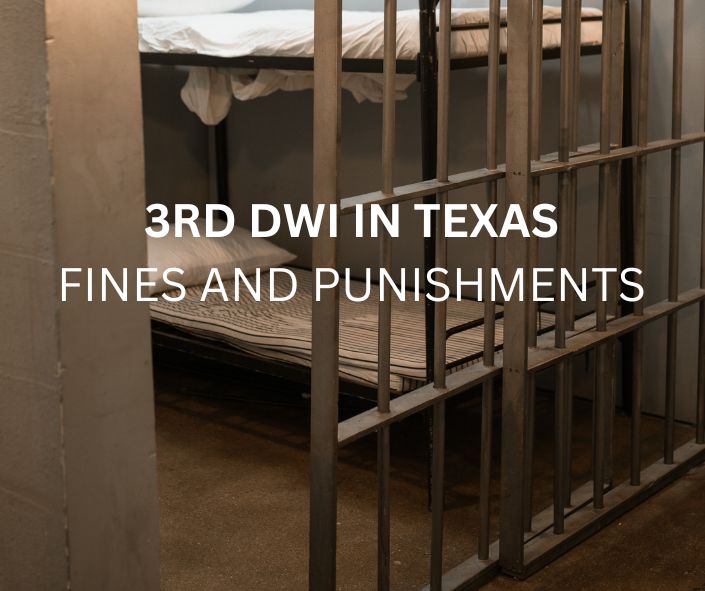Is A Dwi Worse Than A DUI?
Picture this: you’re hanging out with your friends, and the topic of driving under the influence comes up. Suddenly, someone mentions a “DUI” and a “DWI.” You pause, wondering if there’s a difference between the two. Is a DWI worse than a DUI? Well, let’s dive into this topic and find out!
Now, before we delve into the nitty-gritty details, let’s get one thing straight: DUI stands for “Driving Under the Influence,” while DWI stands for “Driving While Intoxicated.” They may sound similar, but there are some key differences you should know about.
So, stick around as we unravel the mystery of whether a DWI is worse than a DUI and shed some light on the consequences of each. By the end of this article, you’ll have a better understanding of these terms and the potential impact they can have on your life. Let’s get started, shall we?

Is a DWI Worse Than a DUI?
Driving under the influence of alcohol or drugs is a serious offense with severe consequences. In many jurisdictions, there are different terms used to describe impaired driving, such as DWI (Driving While Intoxicated) and DUI (Driving Under the Influence). While these terms may vary depending on the state or country, they generally refer to the same offense of operating a vehicle while impaired. However, the specific differences between DWI and DUI can vary, and the severity of the consequences can also differ. In this article, we will explore the nuances between a DWI and a DUI and delve into the potential consequences of each offense.
The Difference Between DWI and DUI
While the terms DWI and DUI are often used interchangeably, they can have different meanings based on the jurisdiction. In some states, a DWI is typically used to describe a more serious offense involving a higher blood alcohol concentration (BAC) level, while a DUI is used to describe a lesser charge with a lower BAC level. For example, a DWI might involve a BAC level of 0.08% or higher, while a DUI might involve a BAC level between 0.05% and 0.08%. However, in other states, the terms can be used interchangeably to refer to any level of impairment regardless of the BAC.
It’s also important to note that some states use different terminology altogether. For instance, some states use the term OUI (Operating Under the Influence) or OWI (Operating While Intoxicated) instead of DWI or DUI. These variations further illustrate the complexities and differences in impaired driving laws across different jurisdictions.
DWI Consequences and Penalties
One of the factors that determine whether a DWI is worse than a DUI is the severity of the consequences and penalties associated with each offense. In many jurisdictions, a DWI is considered a more serious offense and carries harsher penalties. The specific penalties can vary depending on factors such as the offender’s prior convictions, BAC level, and presence of aggravating circumstances.
Sanctions for a DWI can include fines, license suspension or revocation, mandatory alcohol education or treatment programs, probation, community service, and even imprisonment. Repeat DWI offenses generally result in more severe penalties. Additionally, a DWI conviction can have significant long-term effects on a person’s driving record, insurance rates, employment prospects, and personal reputation.
It’s important to note that the consequences of a DWI can also extend beyond the legal realm. Impaired driving poses significant risks to public safety, and the potential harm caused by an accident resulting from driving under the influence can have life-altering consequences for both the driver and innocent third parties.
DUI Consequences and Penalties
While a DUI charge may be considered less severe than a DWI in some jurisdictions, it is still a serious offense with significant penalties. The consequences for a DUI can include fines, license suspension or restrictions, mandatory alcohol education or treatment programs, probation, community service, and potential imprisonment. The severity of the penalties can increase for repeat offenses or if the DUI resulted in property damage, bodily injury, or death.
Similar to a DWI, a DUI conviction can have long-lasting effects on a person’s driving record, insurance rates, and personal and professional reputation. It’s also worth noting that even a single DUI conviction can have immigration consequences for non-U.S. citizens, potentially impacting their immigration status and ability to remain in the country.
Ultimately, the consequences of a DUI can vary depending on the jurisdiction and the specific circumstances of the offense. It is crucial to be aware of the impaired driving laws in your jurisdiction and to prioritize responsible and sober driving to avoid such consequences altogether.
The Social Stigma Surrounding Impaired Driving
Beyond the legal consequences and penalties, impaired driving carries a significant social stigma. The idea that someone would willingly endanger themselves and others by getting behind the wheel while under the influence is widely condemned in society. This stigma can have repercussions on a personal and professional level.
Individuals convicted of a DWI or DUI may face judgment and discrimination from their peers, potential employers, and the community at large. They may also experience feelings of guilt, regret, and shame for their actions, especially if they caused harm or damage due to impaired driving. It is essential for society to continue raising awareness about the dangers of impaired driving and to support efforts for prevention, education, and rehabilitation.
Understanding the Risks and Making Responsible Choices
Whether it’s called a DWI or a DUI, the underlying message remains the same: impaired driving is dangerous and can have devastating consequences. It’s crucial for individuals to understand the risks associated with driving under the influence of alcohol or drugs and to make responsible choices.
To avoid the potential legal, social, and personal consequences of impaired driving, it’s advisable to plan ahead if you anticipate drinking or using substances. Consider designating a sober driver, arranging for alternative transportation such as a taxi or rideshare service, or staying overnight at a friend’s house. Additionally, supporting initiatives that promote education and awareness about the dangers of impaired driving can help create a safer and more responsible community.
Remember, the question of whether a DWI is worse than a DUI ultimately depends on the specific jurisdiction and circumstances. However, the true emphasis should be on preventing impaired driving altogether and promoting a culture of responsible decision-making when it comes to getting behind the wheel.
Key Takeaways: Is a DWI worse than a DUI?
In simple terms, a DWI and a DUI are similar but have different legal implications.
A DWI (Driving While Intoxicated) generally refers to driving under the influence of alcohol, while a DUI (Driving Under the Influence) can refer to impairment by alcohol, drugs, or both.
The severity of a DWI or DUI charge and its consequences can vary depending on state laws and circumstances.
Both a DWI and a DUI can result in criminal charges, fines, license suspension, and potentially lead to more serious consequences like accidents or injuries.
Ultimately, the seriousness of a DWI or DUI depends on the specific circumstances and the potential harm caused to oneself and others.
Frequently Asked Questions
In this article, we will address some common questions about the difference between a DWI and a DUI and which one is considered worse in certain situations.
1. What is the difference between a DWI and a DUI?
The terms DWI and DUI both refer to impaired driving, but their specific definitions and charges can vary depending on the state. Generally, DWI stands for Driving While Intoxicated, while DUI stands for Driving Under the Influence. DWI is usually used when the impairment is due to alcohol, while DUI can encompass impairment by other substances, such as drugs. It’s important to check the laws in your specific state to understand how they define and differentiate between these two terms.
It is worth noting that while some states use different terms, the distinction between DWI and DUI can also vary based on the severity of the offense. In some states, a DWI might indicate a higher level of impairment or a more serious offense compared to a DUI.
2. Which one is considered worse, a DWI or a DUI?
The severity of a DWI or DUI charge depends on several factors, including the specific laws in your state and any previous offenses. Generally, a DWI may carry more severe consequences compared to a DUI. This is because DWI is often associated with a higher blood alcohol concentration (BAC) level or a more significant impairment. Additionally, some states may have stricter penalties for DWI offenses to discourage drunk driving.
However, it’s important to remember that whether a DWI or DUI is considered worse can vary from state to state. In some jurisdictions, the penalties for a DUI may be just as severe, or even more severe, depending on the circumstances. It’s crucial to consult your local laws or seek legal advice to understand the specific consequences in your area.
3. Are the penalties for a DWI or DUI the same in every state?
No, the penalties for a DWI or DUI vary from state to state. Each state has its own laws and regulations regarding impaired driving offenses, including different BAC limits, fines, license suspensions, and potential jail time. Some states may have stricter penalties for both DWI and DUI convictions, while others may differentiate between the two offenses and assign different consequences.
It’s important to familiarize yourself with the laws in your specific state or seek legal advice to understand the potential penalties associated with a DWI or DUI conviction. This knowledge will help you make informed decisions and take appropriate actions if you find yourself facing such charges.
4. Can a DWI or DUI conviction affect my driver’s license?
Yes, a DWI or DUI conviction can have significant consequences for your driver’s license. In many states, both offenses can result in a license suspension or revocation. The length of the suspension or revocation period may vary depending on the offense, any prior convictions, and the specific laws in your state.
Some states also require mandatory participation in alcohol or substance abuse treatment programs, and completion of these programs may be necessary to reinstate your license. It’s important to consult your local laws or seek legal advice to understand the potential impact on your driver’s license and any steps you may need to take for reinstatement.
5. Can a DWI or DUI conviction affect my insurance rates?
Yes, a DWI or DUI conviction can have a significant impact on your auto insurance rates. Insurance companies often view impaired driving convictions as an indicator of higher risk and may increase your premiums accordingly. In some cases, your insurance provider may even choose to cancel your policy or refuse to renew it.
It’s important to inform your insurance company about any convictions promptly, as failure to do so may result in noncoverage for any future claims. It’s advisable to shop around and compare insurance rates from multiple providers to find the best coverage and rates after a DWI or DUI conviction.
DUI or DWI? What’s the Difference?
Summary
So, to sum it all up, a DWI and a DUI are similar offenses related to driving under the influence. The main difference between the two lies in the specific terminology used in different states.
In some states, a DWI stands for “Driving While Intoxicated,” indicating a higher level of impairment, while a DUI stands for “Driving Under the Influence” and can refer to alcohol or drugs. However, in other states, the terms are used interchangeably.
It’s important to recognize that both a DWI and DUI are serious offenses with potential legal consequences, such as fines, license suspension, or even imprisonment. It is essential to always prioritize your safety and never drive if you have consumed substances that impair your ability to drive safely.
Remember, the best way to avoid a DWI or DUI charge is to make responsible choices and never get behind the wheel if you are under the influence. Always find alternative transportation, like calling a trusted adult or using rideshare services.
Stay safe, make responsible decisions, and ensure the well-being of yourself and others on the road.





